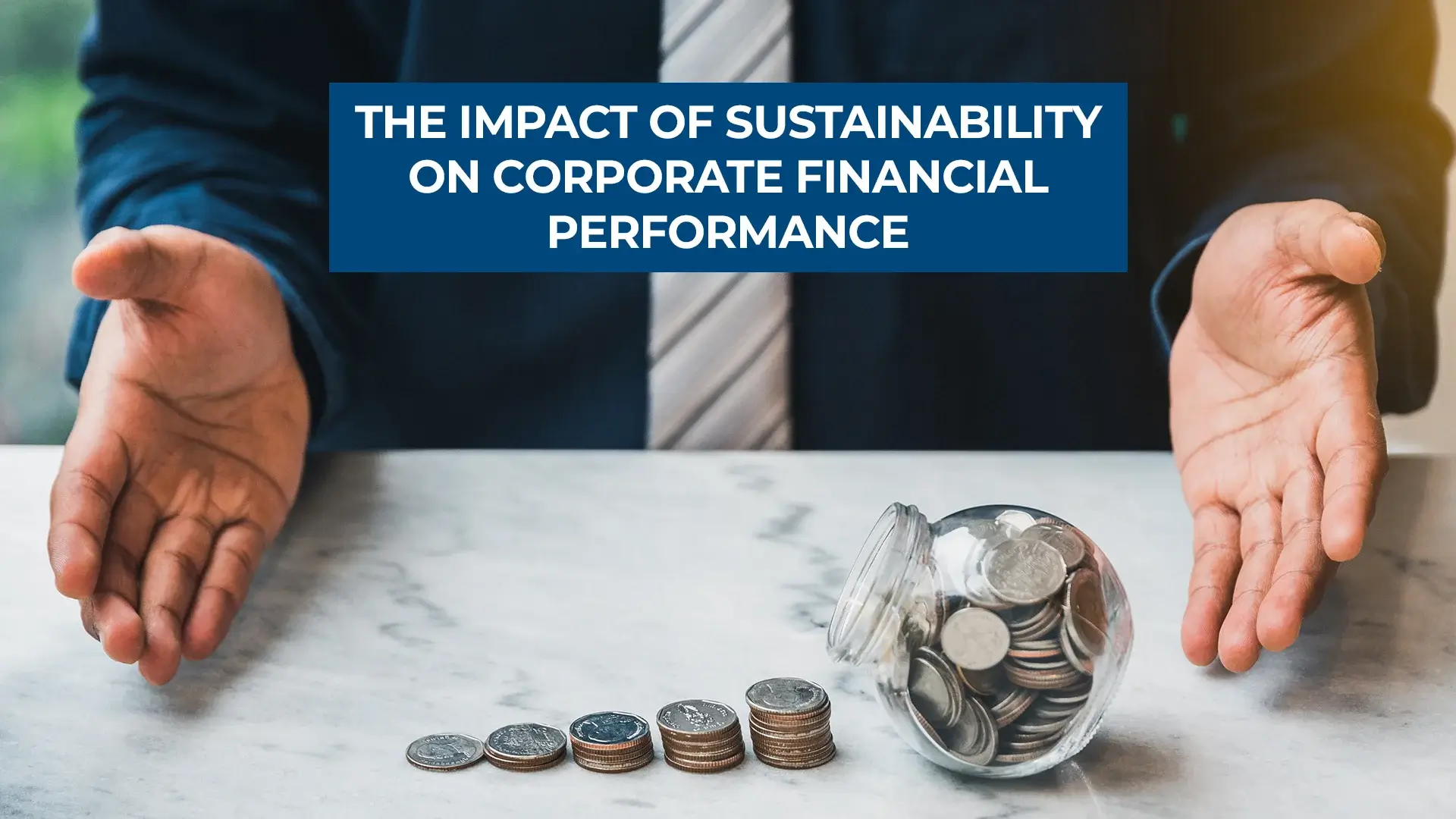Understanding Sustainability in Corporate Strategy
Sustainability is currently a standard concept within the business environment and pursuing sustainable practices leads to the enhancement of corporate financial performance. Suggesting a potential approach, Dr. Raed El Omari, a well-known Jordanian business leader and the author of “Insuring Tomorrow”, underlines that incorporating sustainable initiatives is not an option for companies that are looking forward to achieving sustainable growth in the foreseeable future. Responding to the name and company, El Omari singles out a long-term, sustainable, and responsible vision of business development, where ESG factors combine with business goals.
Sustainability and Financial Performance
They have found that when corporations engage in sustainability practices they are rewarded with better returns for their investors. There are several reasons for this: firstly, firms that are committed to sustainability risk get benefits in terms of brand recognition, improved operations, and managing risks. As Dr. Raed El Omari notes, companies within the nation and around the world have embraced sustainable business plans that help them enjoy higher investment from investors who are becoming more conscious of the ESG standards. This investor confidence then translates into improved efficiencies and metrics on companies’ balance sheets such that stock market values increase and capital costs are reduced.
Challenges and Strategic Approaches
Still, there are challenges seen when integrating sustainability with corporate strategy. Consequently, Dr. Raed El Omari agrees that it is capital-intensive in the first instance to embark upon sustainable technologies and practices. However, he argues that these are manageable concerns that do not begin to compare to the benefits that are accrued over the longer term. Some of the barriers that Jordan’s business leaders need to overcome include a lack of focus, limited resources, tiny reputations, the lack of large-scale projects, legal constraints, the absence of proper strategies, and narrow scopes. El Omari then underscores the need for leadership in this area of transition, given that senior managers must now champion sustainability as an organizational mandate.
The Role of Leadership in Sustainability
Leadership is important to provide direction and ensure that sustainable goals and practices are being met. Clearly, as a multi-faceted Jordanian businessperson, Dr Raed EL Omari posits that leaders should support sustainability initiatives, and be directly involved in such processes. Such leadership creates an organizational culture that focuses on social and environmental responsibilities instead of corporate-dominated societal advantages. El Omari has worked for the success of increasing the strategic use of sustainability by Jordan’s business leaders thus making the market more competitive and resistant.
Sustainability significantly influences corporate financial performance with an extent and complexity of effects. Therefore, Dr. Raed El Omari’s and one of their in-depth, first-hand observations mentioned in “Insuring Tomorrow”, about his earlier experiences in Jordan suggest that while the concept of sustainability now guides many a business strategy, the latter is crucial for stabilization and future growth. ESG, in particular, enables organizations to leverage environmental, social, and governance factors to improve their performance, innovate, and progress sustainably. Over the years, sustainability is going to be an important consideration in the global marketplace, and with such great leaders like Raed El Omari, organizations will move towards a prosperous future.






